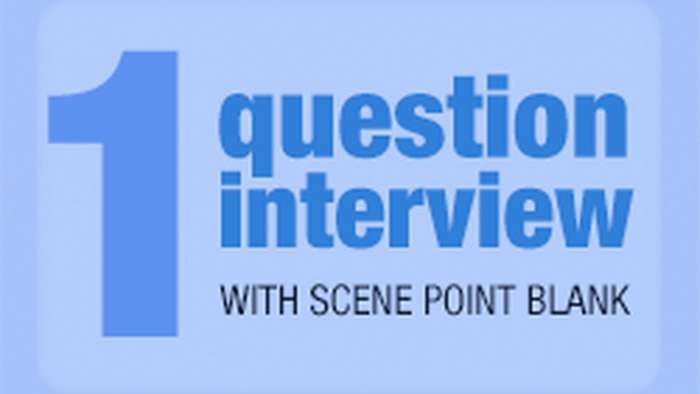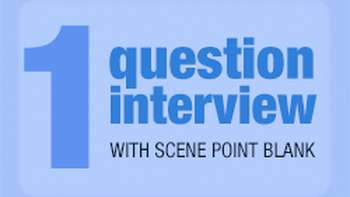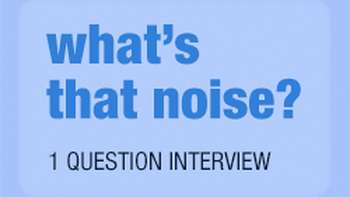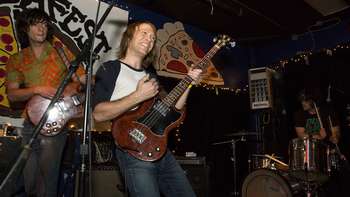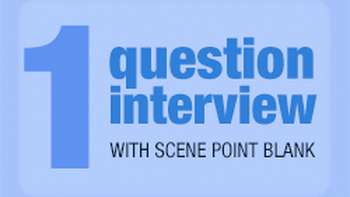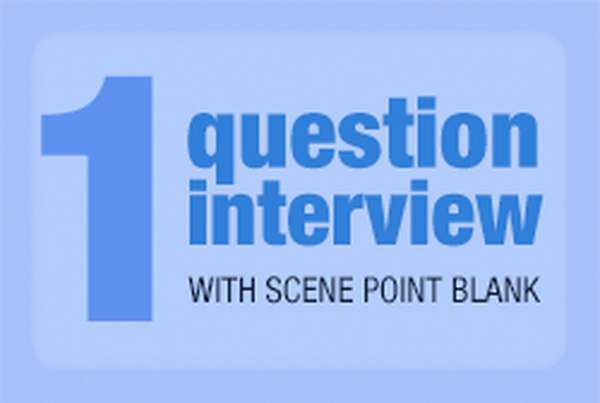Patti Yang
SPB: Do you feel your experiences growing up in Communist Poland have shaped your views on the relationship between politics and art?
Yang: Art has always served as a powerful form of commentary on politics and on society. Back in the communist Poland anything released to the public had to go through strict censorship which made sure nothing would “pollute the minds” with ideas, question the power. It tried to keep people in the dark but luckily, to some extent, kept failing. Totalitarian systems are, by principle, based lot more on primal fear than democratic ones. It restricts basic freedoms: freedom of speech, freedom to travel, freedom to own. It does so in a lot more transparent way; by punishment. In the Polish communist regime the entire art scene was ran by the government apparatus. From record labels through live venues, record shops, cinemas, galleries, bookstores--the culture was thriving but it was structured and carefully monitored by the Ministry under the communist party. Foreign albums and books were only available in secret--they were literally smuggled and passed around amongst friends--unless they were deemed “safe” and made available in the open, but even then often in false translation. I remember my parents listening to The Rolling Stones with an excitement of naughty teenagers and seriousness of major adversaries.
Perversely, the reason culture was so vibrant was because quite a few artists allowed into the spotlight would give a strong voice in opposing the regime: always under a veil of metaphor, encrypted in their art. The most successful ones bit the hand that fed them and therefore played a dangerous game.
So art itself was a form of politics and even love songs had a tinge of it or a sub-meaning all together. Today, in a society perpetuated by the egotistical race for wealth and status rather than an intelligent, collective pursuit of freedom, peace and fair abundance, there is far less to unite over. A lot of us know and see things aren’t right but most of us are hopeless to the wrongness of it. And someone out there, in corporate media and business world, still makes decisions on what we’re being served. If these decisions are driven by profit without higher values we end up with disposable, unimportant pile of entertainment which is just as distorted as the issues it so safely avoids. I am not saying all art should be highbrow and it’s not up to art to change the way the world is ran, but art does have the power that politics often lacks. It can touch people. If it’s true and looks for truth of whatever kind it connects without explanation.
Humans are all artists, it’s inherently in our nature. We just gotta keep creative and sensitive and protect our deep innocence to appreciate things that are truly worth it.
